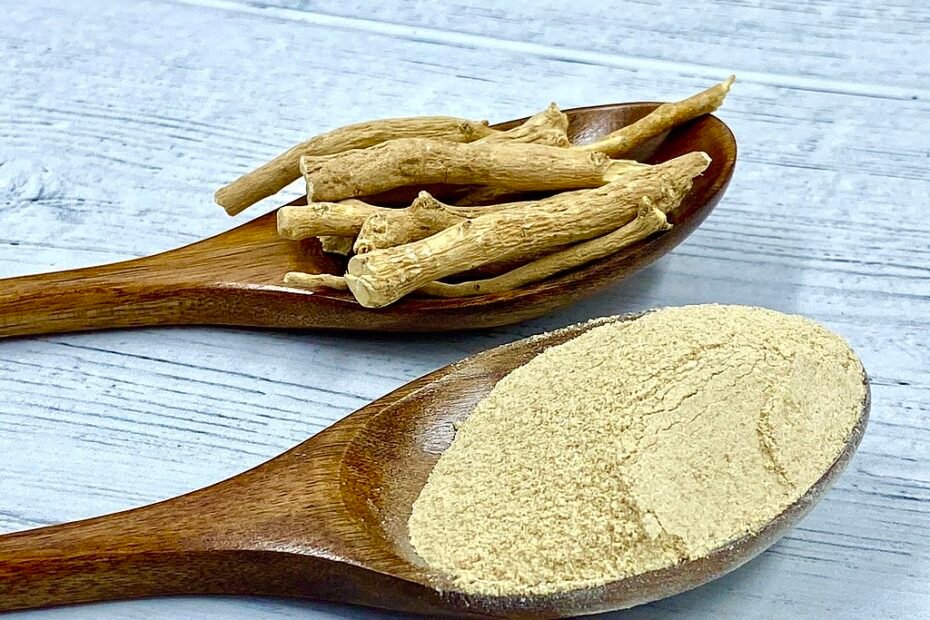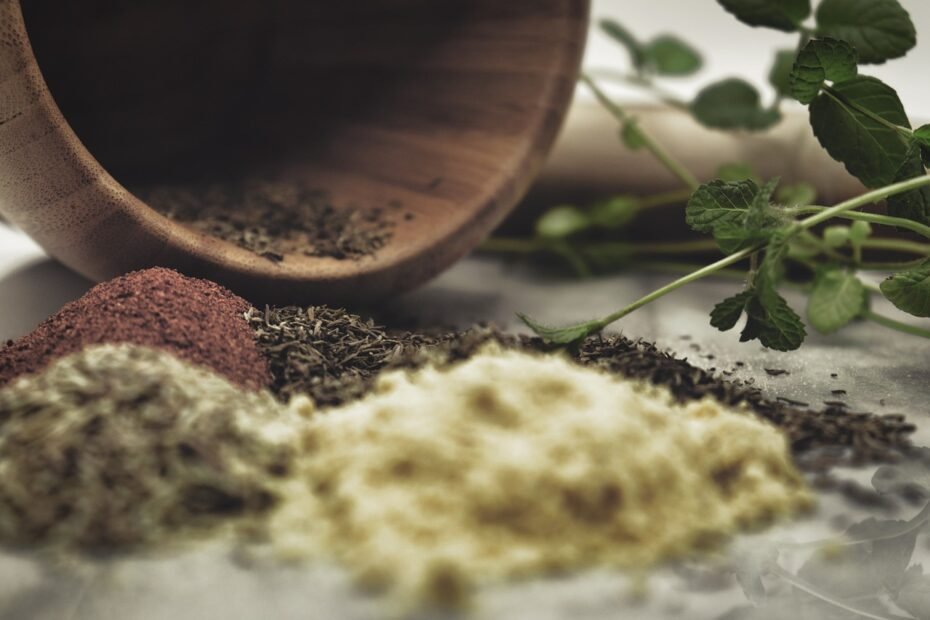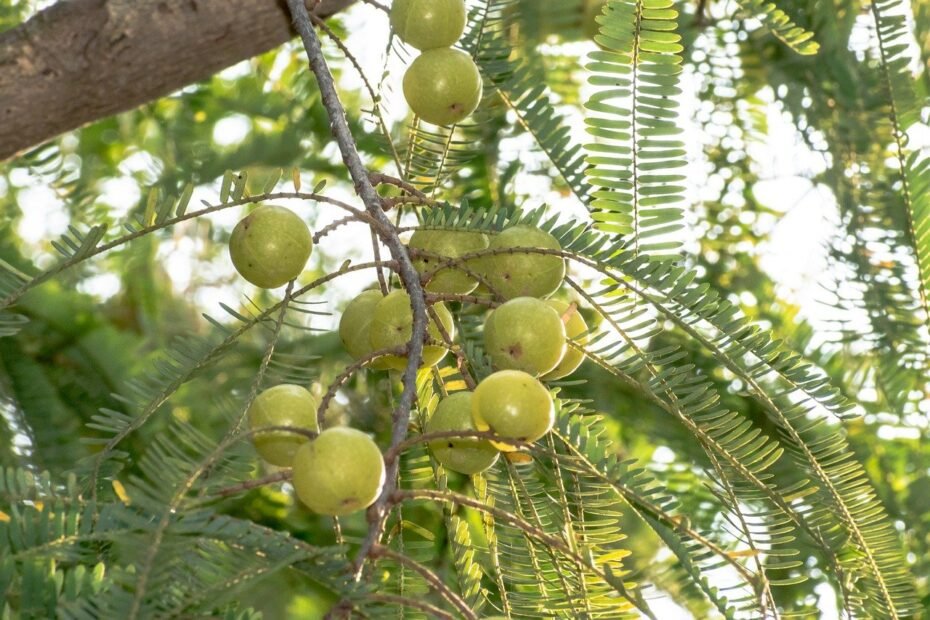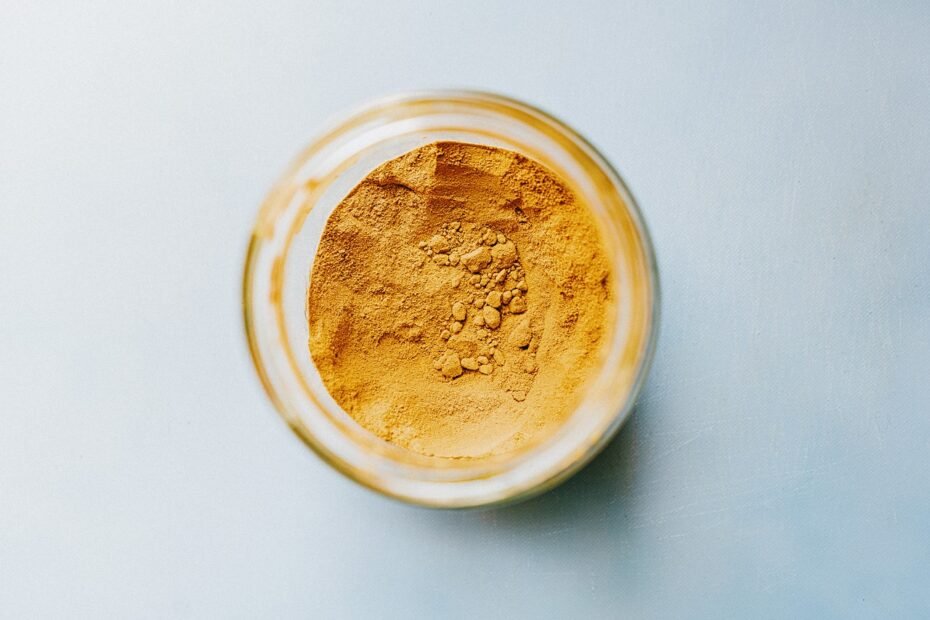Feeling tired and trying to find the best natural solution to boost your energy? You might have heard of Ashwagandha and Maca, two powerful herbs known for their energy-enhancing properties. Let’s dive deep into their benefits and see which one might be the perfect fit for you.
What is Ashwagandha?
Ashwagandha, scientifically known as Withania somnifera, is a popular herb in Ayurvedic medicine, which originates from India. Often termed as “Indian Ginseng,” Ashwagandha has been used for over 3,000 years to relieve stress, increase energy levels, and improve concentration.
The name “Ashwagandha” translates to “smell of the horse,” which refers both to its unique smell and its ability to increase strength. This root is prized for its adaptogenic properties, which means it helps the body adapt to stress and helps maintain balance.
What is Maca?
Maca, or Lepidium meyenii, is a plant native to the high Andes of Peru. Cultivated as a root vegetable, it resembles a turnip or radish and has been used for thousands of years as a food source and medicinal plant. Often referred to as “Peruvian Ginseng,” Maca is celebrated for its invigorating properties and its ability to enhance stamina and endurance.
Legend has it that the Incan warriors consumed Maca before battles to boost their energy and strength. More recently, Maca has piqued the interest of athletes and health enthusiasts for its potential to enhance physical performance and overall vitality.
How Ashwagandha Boosts Energy
Ashwagandha impacts energy levels through several mechanisms:
- Stress Reduction: One of the primary ways Ashwagandha boosts energy is by reducing stress. Numerous studies have shown that Ashwagandha can significantly lower cortisol levels, the stress hormone, which in turn helps alleviate mental and physical fatigue.
- Improved Sleep Quality: Better sleep leads to better energy the next day. Ashwagandha has been shown to improve sleep quality, making it easier to wake up refreshed and ready to face the day.
- Enhanced Brain Function: Ashwagandha’s impact on focus and concentration can indirectly contribute to better energy levels. When your brain is working efficiently, it requires less energy to perform tasks, leaving you with more energy overall.
- Improved Sleep: Ashwagandha has been widely used in ayurveda as a natural sleep supplement. However, excessive dosage of it can also cause nightfall.
How Maca Boosts Energy
Maca’s energy-boosting properties come from different aspects:
- Nutrient Dense: Maca is packed with vitamins, minerals, and other essential nutrients that support overall health and vitality. A well-nourished body naturally has more energy.
- Hormonal Balance: Maca is known for its ability to balance hormones, particularly in women. Hormonal balance can lead to more consistent energy levels and fewer mood swings.
- Increased Stamina and Endurance: Athletes often turn to Maca for its ability to enhance physical performance, increasing stamina and endurance during workouts or physical activities.
Scientific Studies on Ashwagandha
Research on Ashwagandha has underscored its potential benefits:
- A study published in the Indian Journal of Psychological Medicine found that Ashwagandha significantly reduced anxiety levels and improved overall well-being in patients diagnosed with stress disorders.
- Another study in the Journal of Ethnopharmacology demonstrated Ashwagandha’s ability to improve endurance in rats, suggesting its potential to enhance physical performance and energy levels in humans.
- The Journal of the International Society of Sports Nutrition published a study showing that Ashwagandha enhanced muscle strength and recovery in athletes, indicating its potential for boosting energy and physical performance.
Scientific Studies on Maca
Maca has also been the focus of numerous scientific studies:
- A study in the Journal of Ethnopharmacology found that Maca improved endurance in mice, suggesting its potential to enhance physical performance and energy in humans.
- The International Journal of Biomedical Science published a study indicating Maca’s ability to alleviate symptoms of depression and anxiety in postmenopausal women, which can result in better energy levels.
- A double-blind, placebo-controlled study in the Journal of the International Society of Sports Nutrition showed that Maca improved mood and energy levels in athletes, highlighting its potential benefits for physical and mental well-being.
Which is Better for Energy?
Both Ashwagandha and Maca offer unique benefits for enhancing energy, but which one is better for you? Here’s a quick comparison:
- Stress and Anxiety: If you’re struggling with stress and anxiety, Ashwagandha might be the better choice due to its proven ability to reduce cortisol levels and improve overall well-being.
- Hormonal Balance: If hormonal imbalance is zapping your energy, especially for women, Maca could be more beneficial due to its hormone-balancing properties.
- Nutrient Density: Maca is rich in essential nutrients that support overall health, making it a solid choice for those looking to improve their diet and enhance vitality.
- Physical Performance: Both herbs show promising results in enhancing physical performance, but Maca might have the edge due to its historical use by athletes and warriors.
- Sleep Quality: If poor sleep is the root of your low energy, Ashwagandha’s ability to improve sleep quality might make it the better option.
In conclusion, the best herb for you largely depends on your specific needs and lifestyle. Some people might even find that combining both Ashwagandha and Maca offers the best of both worlds.
Health Disclaimer: This blog is for informational purposes only and does not constitute medical advice. Consult with a healthcare provider before starting any new supplement regimen.





